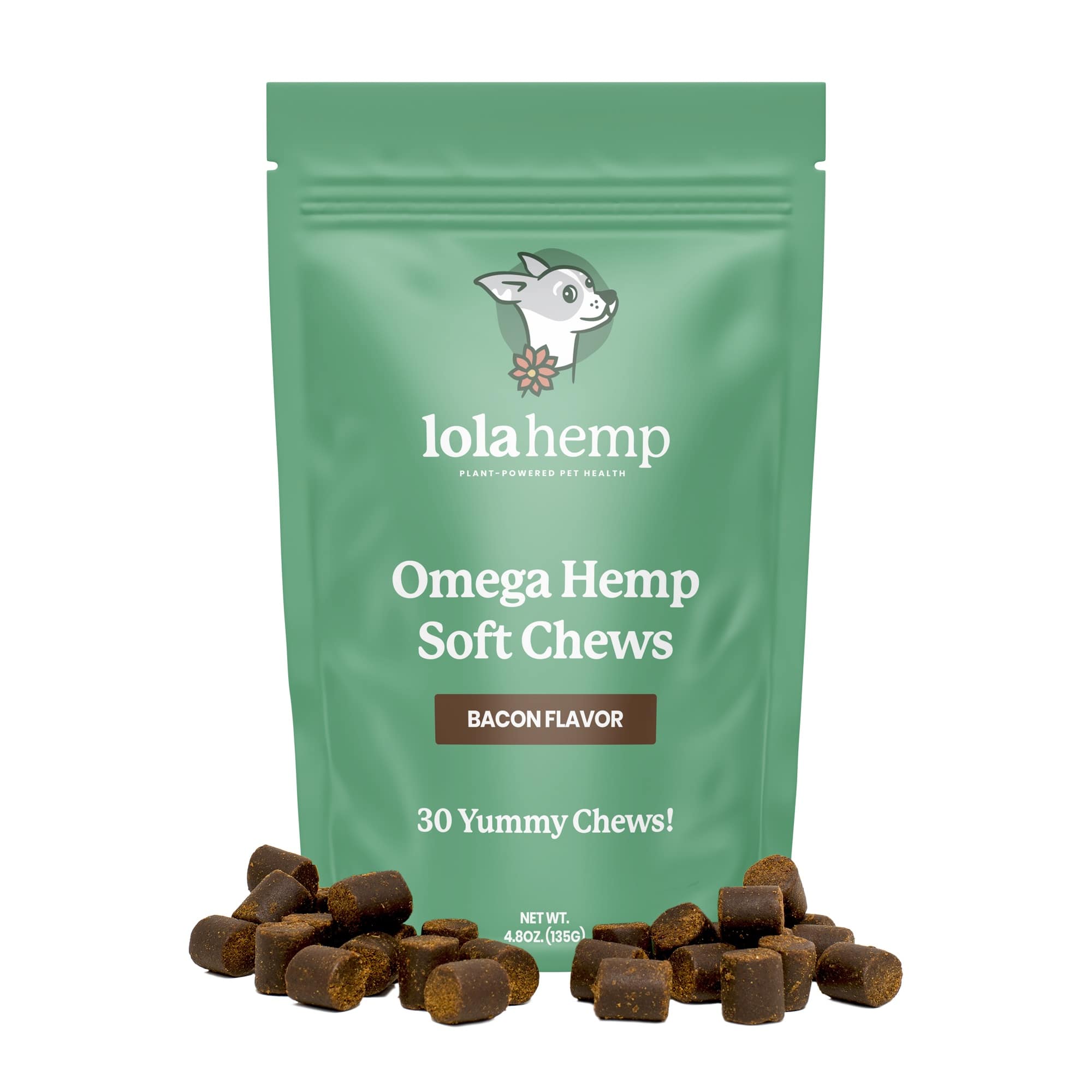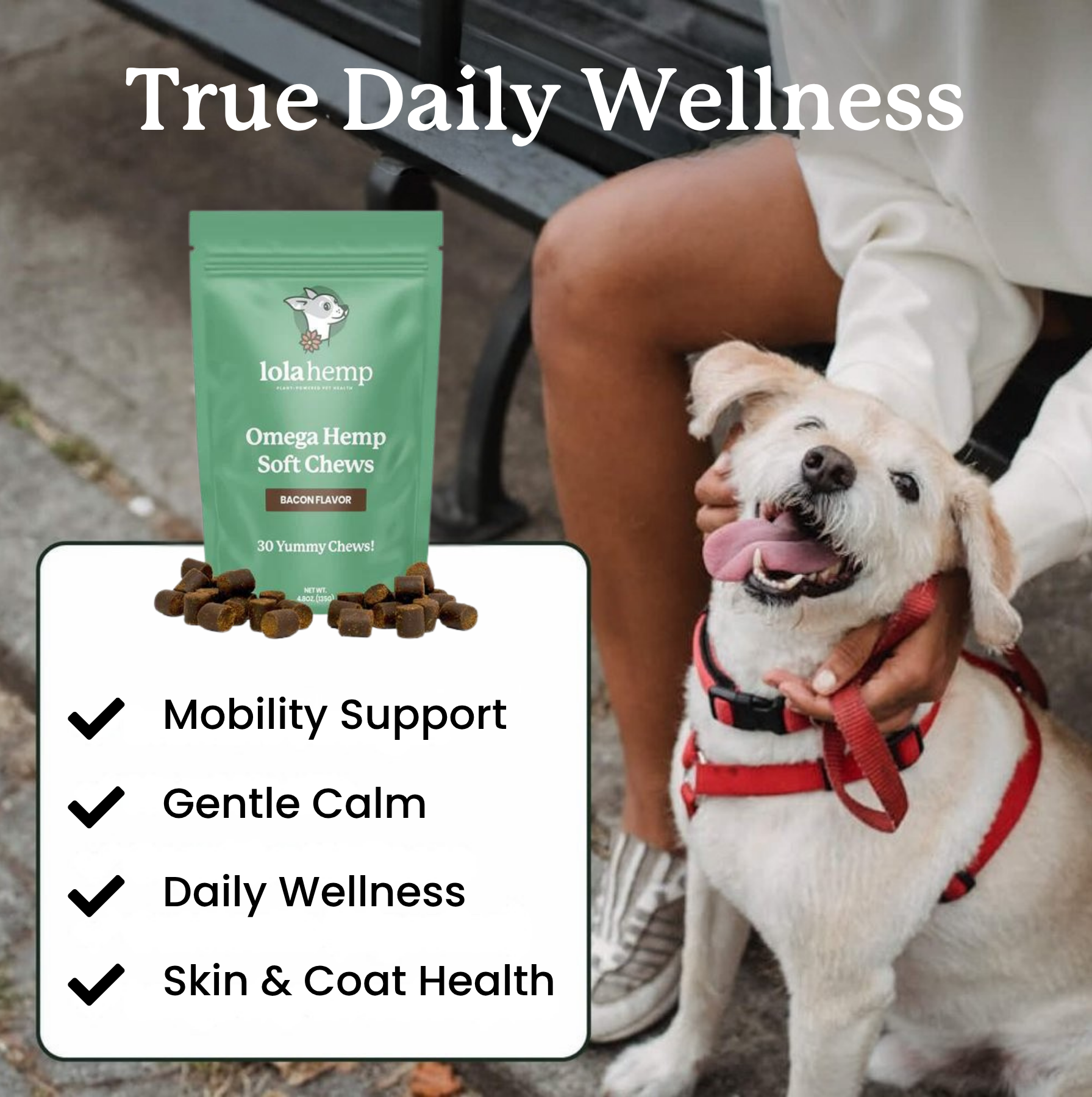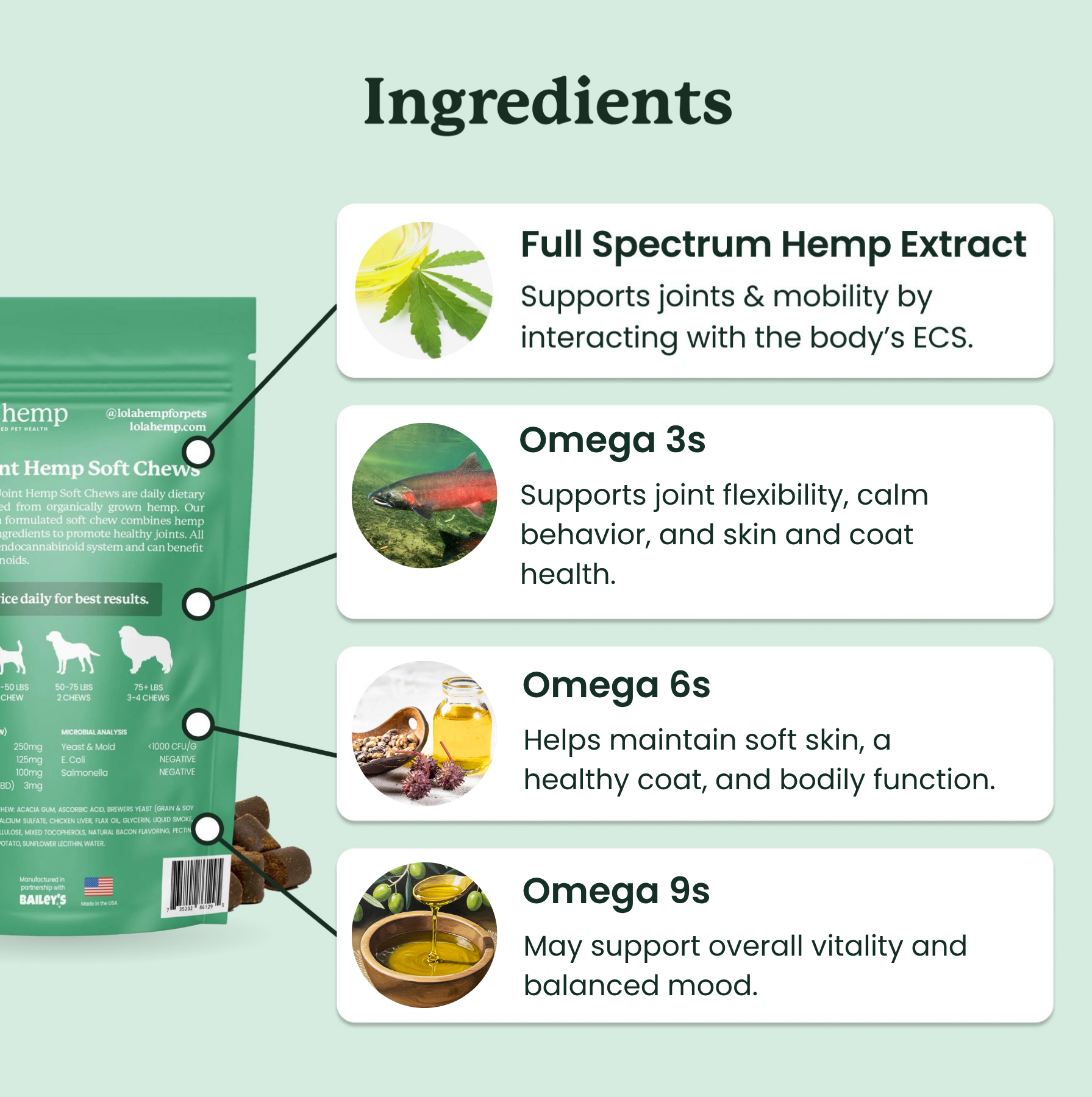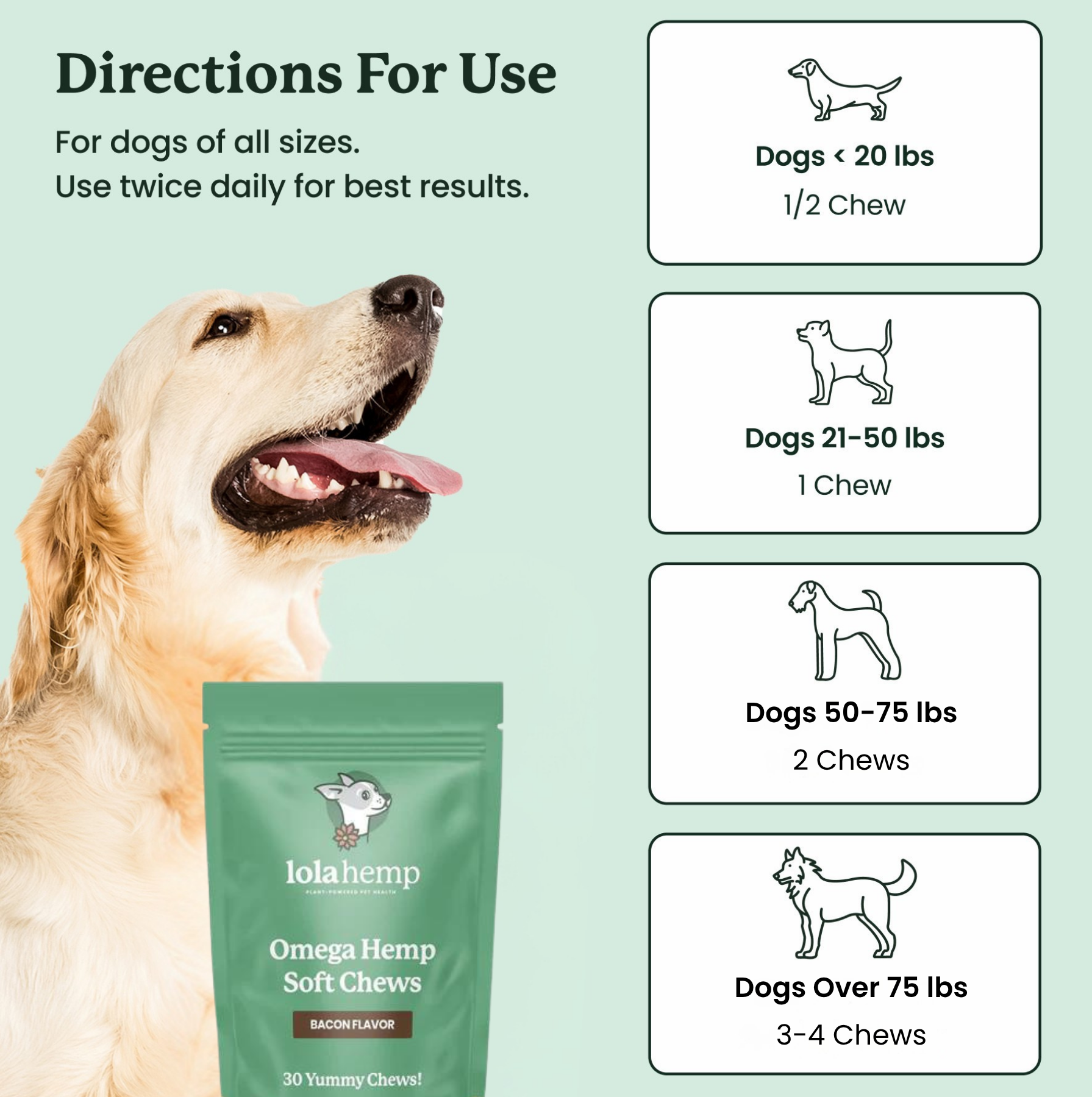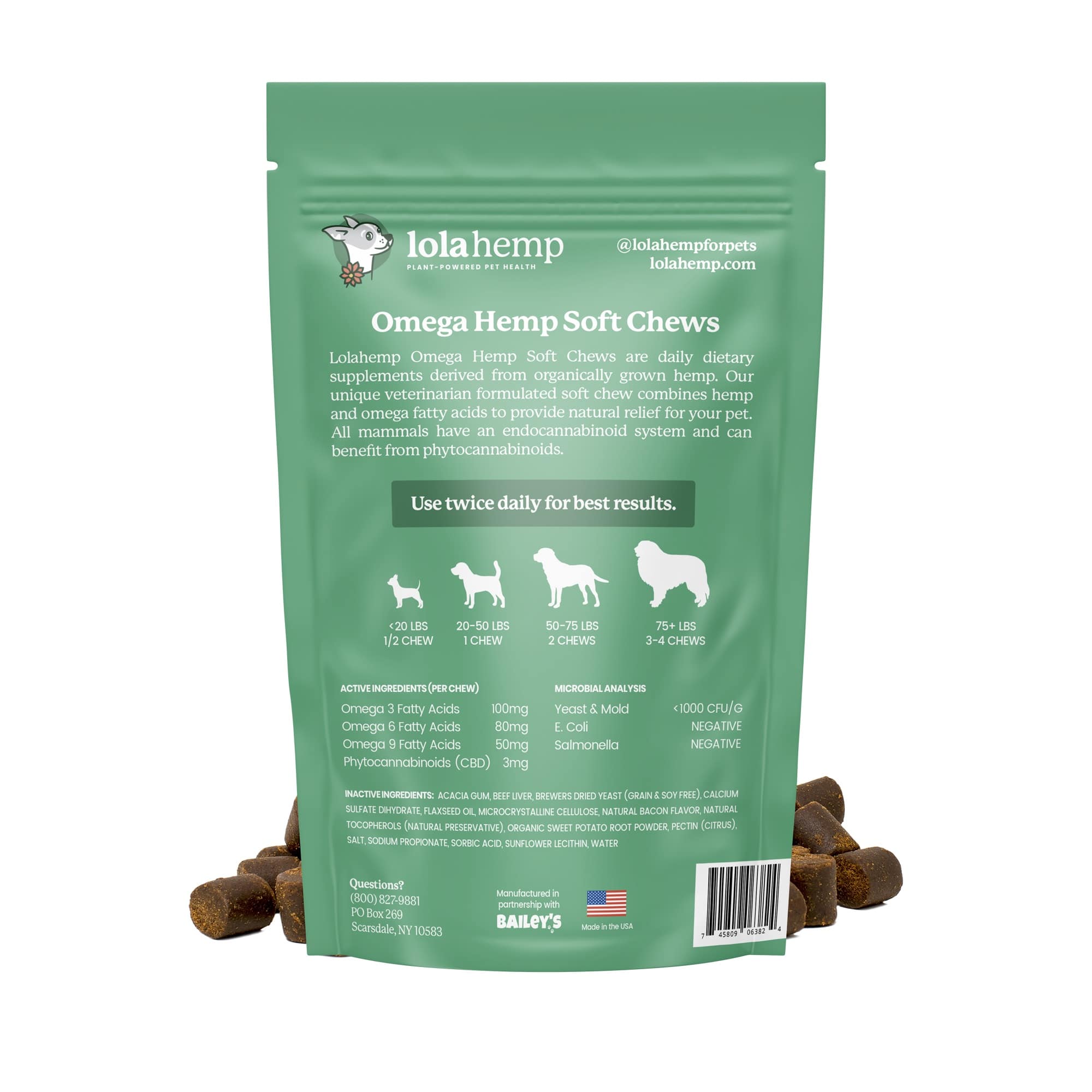Whether you're making breakfast or prepping a homemade dog meal, you may have wondered: can dogs eat eggs? Are they safe raw, or should they always be cooked? What about the yolk, or those fancy quail eggs at the pet store?
In this guide, we’ll explore everything dog owners should know about feeding eggs to their pets—what’s safe, what’s beneficial, and what to avoid. For a complete breakdown of human foods that are dog-safe or dangerous, check out our guide to what human foods dogs can eat.
Can Dogs Have Eggs?
Yes, dogs can eat eggs—and they can actually be a healthy source of nutrition when prepared correctly. Eggs are packed with protein, fatty acids, and essential vitamins. However, not all preparations are ideal, and some dogs may have sensitivities that require caution.
As with any new food, it’s important to introduce eggs slowly and in moderation. One egg a few times a week is a safe starting point for most medium-sized dogs. Puppies, seniors, and dogs with medical conditions should always be evaluated by a vet before adding eggs to their diet.
Are Eggs Good for Dogs?
Eggs are considered a biologically appropriate protein source for dogs, meaning they’re easily digestible and nutritionally beneficial in the right amounts. They contain amino acids for muscle support, fatty acids for skin and coat health, and key nutrients like B12, riboflavin, and selenium.
They’re also gentle on most digestive systems, making them an occasional meal topper for dogs with low appetites or food sensitivities—though we'll cover exceptions shortly.
Are Raw Eggs Good for Dogs?
This is where it gets controversial. Raw eggs do retain more of their nutrients, but they also pose some risks. The two biggest concerns are:
- Salmonella: Raw eggs can carry harmful bacteria that may cause gastrointestinal illness in both dogs and humans in the home.
- Biotin deficiency: Raw egg whites contain avidin, which can interfere with biotin absorption. Long-term, this may impact your dog’s skin, coat, and metabolism.
If you’re interested in feeding raw eggs as part of a raw food diet, consult your veterinarian or a canine nutritionist to ensure it’s safe for your dog and handled properly.
Best Ways to Serve Eggs to Dogs
Yolk
The yolk is the most nutrient-rich part of the egg, containing healthy fats, choline, and essential vitamins. It’s fine to feed your dog yolks in moderation, but due to the fat content, keep servings small—especially for overweight dogs or those with pancreatitis.
Egg Whites
Cooked egg whites are a lean, protein-packed option. They’re great for dogs who need extra protein without the added fat from the yolk. However, raw egg whites should be limited or avoided due to the risk of biotin depletion unless balanced within a complete diet.
Scrambled Eggs
Scrambled eggs are one of the most popular ways dog owners prepare eggs, and they're generally safe—as long as you skip the butter, oil, salt, and seasonings. Plain scrambled eggs can help soothe an upset stomach and offer a gentle protein boost.
Hard-Boiled Eggs
Hard-boiled eggs are safe, convenient, and easy to portion. Peel them before serving, and slice into bite-sized pieces to reduce choking risks. These are ideal for treats or as a meal topper.
Fried or Over-Easy Eggs
Fried eggs and over-easy eggs are not ideal due to the added oil or butter required during cooking. They also retain more raw yolk, which increases the risk of salmonella exposure. Stick to boiled or scrambled eggs for a safer option.
Specialty Eggs and Dog Products
Quail Eggs for Dogs
Quail eggs are safe for dogs and offer a smaller, nutrient-dense alternative to chicken eggs. They're often used in raw diets and contain higher yolk-to-white ratios. Their soft shells can even be fed crushed, providing trace calcium—though not all dogs tolerate shell well.
Dog Joint Supplements with Egg Shell Membrane
Egg shell membrane is a natural source of collagen, glucosamine, and chondroitin—key nutrients for joint support. It’s often found in high-quality joint supplements for dogs and can complement products like CBD oil for mobility and inflammation support.
Egg Dog Food
Some commercial dog foods include egg as a protein source. This is generally safe and can be a good option for dogs with other protein sensitivities. Always read labels to ensure the recipe avoids unnecessary fillers or allergens.
What Kind of Dogs Benefit Most from Eggs?
Most healthy dogs can enjoy eggs in moderation, but they may be especially beneficial for:
- Dogs recovering from illness or surgery (high-quality protein)
- Senior dogs with reduced appetites
- Dogs with dry, flaky coats (thanks to healthy fats)
Eggs can be helpful for dogs with sensitive stomachs—but introduce them slowly and always serve cooked. Avoid eggs entirely if your dog is on a strict low-fat or limited-ingredient diet unless approved by your vet.
Can Dogs Be Allergic to Eggs?
Yes, egg allergies in dogs are possible, particularly to the protein in egg whites. Symptoms can include skin irritation, chronic ear infections, and digestive upset. If your dog has known food sensitivities, start with a small serving and monitor closely for any reactions.
Are Free-Range or Organic Eggs Better for Dogs?
While all eggs offer similar core nutrients, free-range or organic eggs may be slightly higher in omega-3 fatty acids due to the hen's diet. These types of eggs are also less likely to contain traces of antibiotics or hormones.
They’re not essential, but if you’re already sourcing high-quality food for your dog, organic eggs may align better with your holistic feeding approach.
Conclusion: Are Eggs a Good Treat for Dogs?
Eggs can be a nutritious, affordable, and easily digestible treat for most dogs when served correctly. Stick to cooked versions, watch portion sizes, and skip the seasonings. As always, talk to your vet before making eggs a regular part of your dog’s diet—especially if allergies or medical conditions are involved.
Looking for more ways to support your dog’s wellness? Check out our line of CBD-infused dog products formulated to complement a healthy, natural lifestyle.
Frequently Asked Questions About Dogs and Eggs
1. Can dogs eat eggs every day?
While eggs are healthy, they should be treated as an occasional addition—not a daily staple. Too many eggs can lead to excess calories or fat intake, especially for smaller dogs.
2. Are raw eggs safe for dogs?
Raw eggs can pose risks such as salmonella or biotin deficiency. It’s safest to feed cooked eggs unless a vet or canine nutritionist advises otherwise.
3. How many eggs can a dog have per week?
Most medium-sized dogs can safely eat one egg a few times per week. Adjust portions based on size, calorie needs, and overall diet balance.
4. Can dogs eat eggshells?
Crushed eggshells can provide calcium, but they must be ground finely to avoid choking hazards. Always consult your vet before adding them to your dog’s diet.
5. Are quail eggs better for dogs than chicken eggs?
Quail eggs are smaller and nutrient-dense, offering more yolk per gram and slightly higher micronutrients. They’re safe for most dogs in moderation.
6. Can dogs eat fried or seasoned eggs?
No, avoid adding butter, oil, salt, or spices. These can upset your dog’s stomach or lead to long-term health issues. Serve eggs plain and cooked instead.
7. What are the best ways to prepare eggs for dogs?
Boiled or scrambled eggs without oil or salt are best. They’re easy to digest, safe, and packed with protein and healthy fats.

